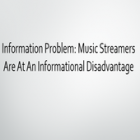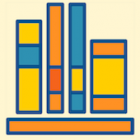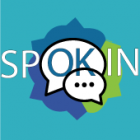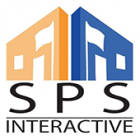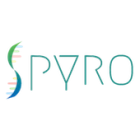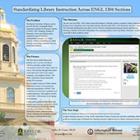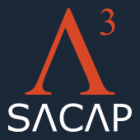
Soul of Seattle
Seattle is undergoing a state of great change, both in its demographics and economic prosperity. Soul of Seattle is a documentary project that studies and investigates how underrepresented entrepreneurs of color within Seattle’s Central District area are responding to these changes, both economically and culturally. In interviewing entrepreneurs and community leaders within the Central District, Soul of Seattle has documented themes of history, culture, entrepreneurship, and technology through the lenses of personal stories and experiences. We have examined technological innovation and how community members have been using it to improve their businesses and relationships within their community. We hope that Soul of Seattle will serve as a call to action for would-be entrepreneurs looking to establish themselves in the Central District as well as serve as a source of inspiration for people everywhere, regardless of their background, to seek out and cultivate their own stories within their own backyards.


